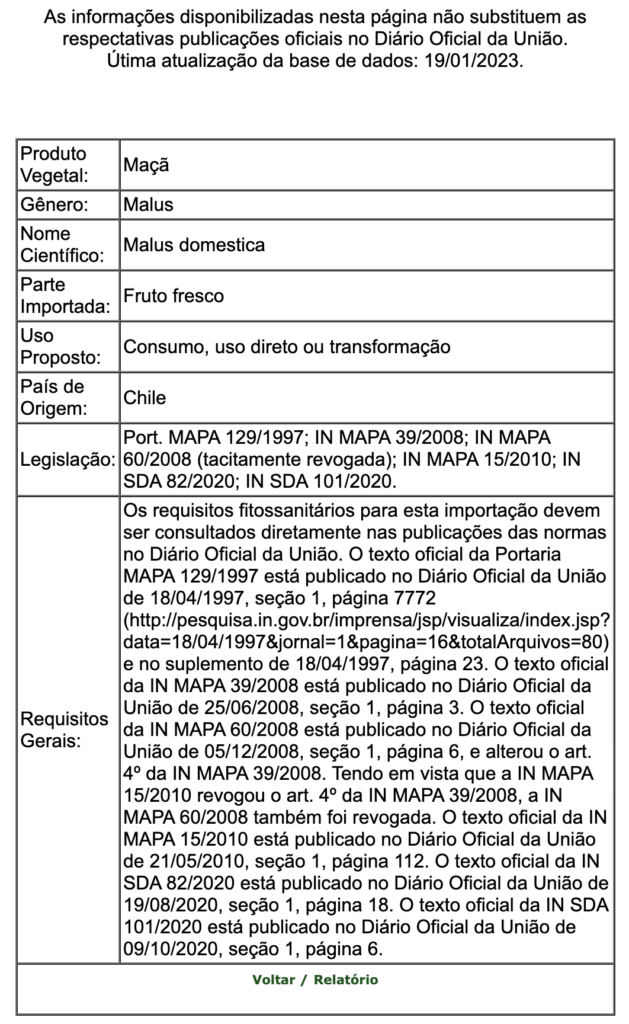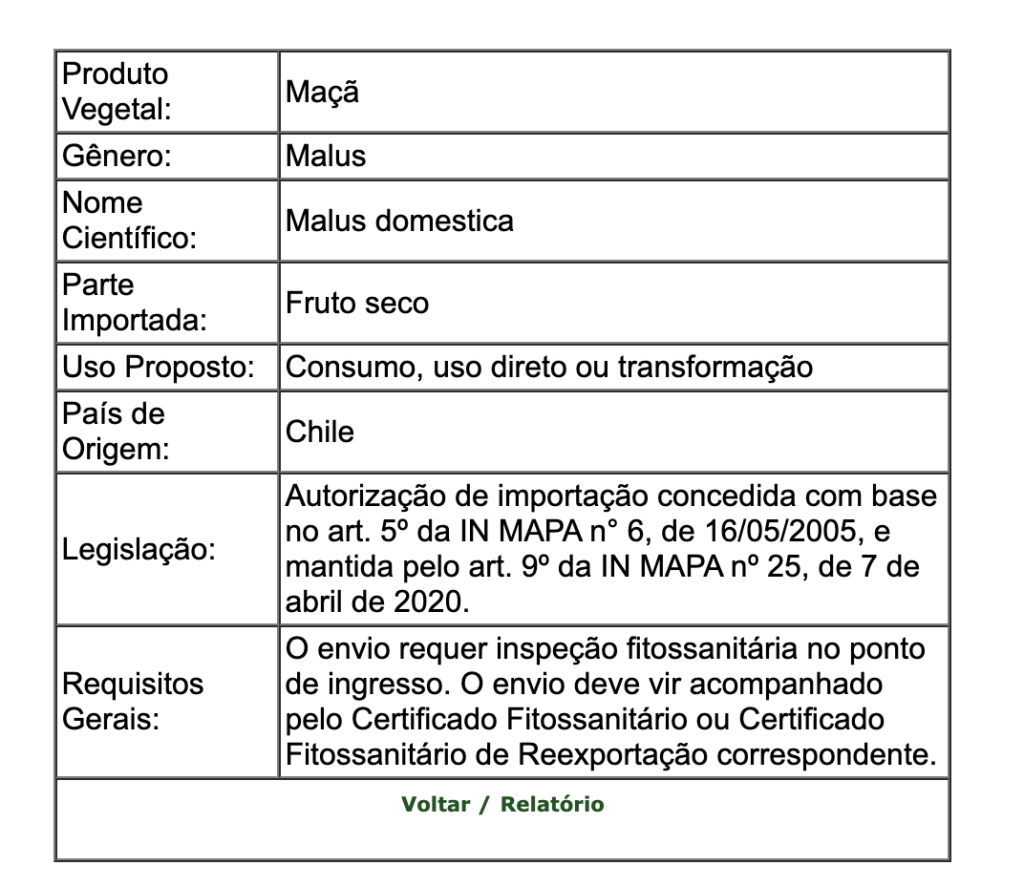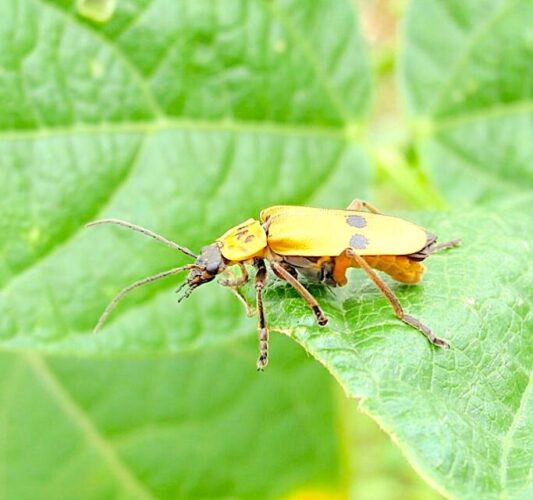Pest risk analysis is one of the central elements in protecting plant health.
STEPS FOR PEST RISK ANALYSIS:
- Contact us to receive a quote;
- Inform (i) the name of the crop (plant species), (ii) the route of entry (seed, whole plant, fruit, bulb…) and (iii) the country of origin;
- The quote will be provided after (maximum 48 hours) a survey of the number of pests existing in the country of origin and absent in Brazil, capable of entering through the entry route;
- After accepting the quote, we will send you the draft contract;
- After approval of the draft, the contract will be digitally signed by the parties;
- The average time to complete an ARP is 90 days, but it varies with the number of pests of the plant species present in the country of origin and also with the client’s rush;
- Once the ARP report is finalized, a copy (pdf) will be sent to the interested party, signed;
- The interested party forwards the specific form to MAPA along with the PRA report.
As stated in § 1 of art. 2nd, the technical area of DSV/SDA, responsible for the PRA, may use a report prepared by a natural or legal person, entity or company, public or private, as technical support, in accordance with guidelines established by DSV/SDA (MAPA).
Plant species, their parts, products and by-products, and other regulated articles can only be imported if they are in the List of Authorized Import Products (PVIA). You’ll need to consulta the website of the Ministry of Agriculture and Livestock (MAPA), informing the Country of Origin, Product (way of entry, e.g. seed), Genus and Scientific Name of the plant (see example below).

As an example, let’s choose Chile, as “Country of Origin”, Apple, as “Product”, Malus, as “Gender”, and Malus domestica, as “Scientific Name”. See the completed fields below:

In this example there are two possibilities: (1) Fresh Fruit and (2) Dried Fruit. Thus, two relevant laws will appear for each case:


If the species is not on the list, it means that the import is not authorized, there is no published Normative Instruction, legislation that establishes the phytosanitary requirements for import. The interested party will need to request authorization from MAPA (specific form), through the opening of a process that begins with the sending of the form completed by the interested importer, with the company logo and signature of the person responsible, accompanied by the Pest Risk Analysis report prepared by PHOM.



